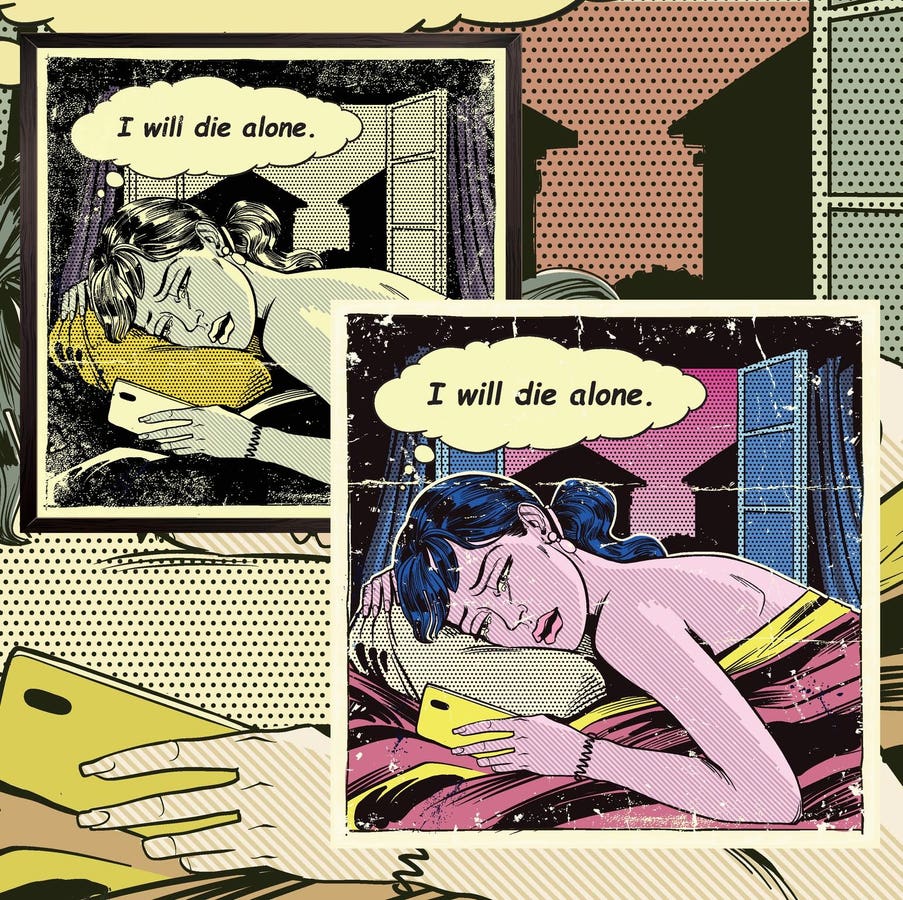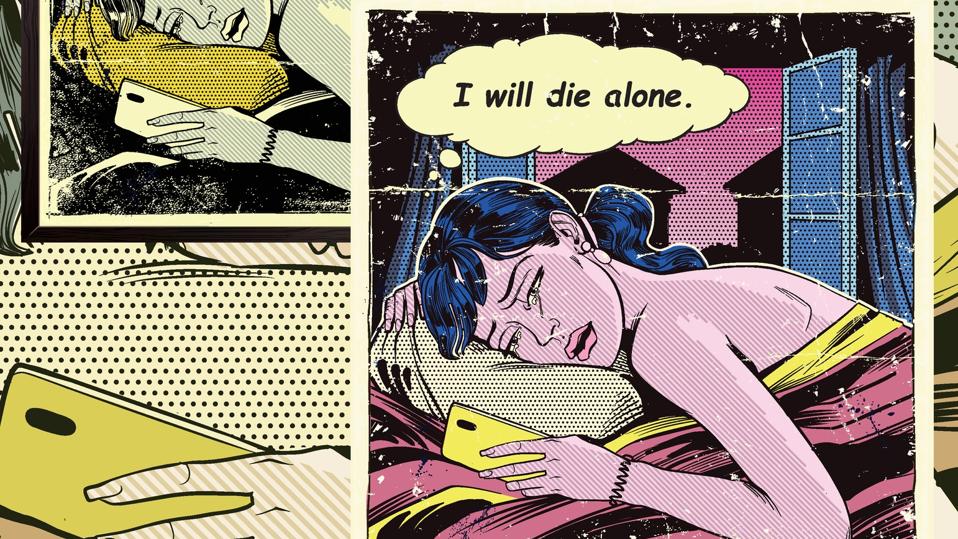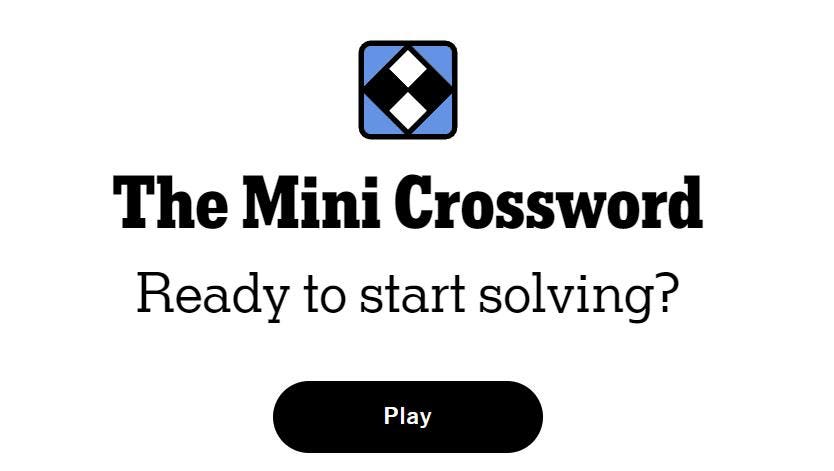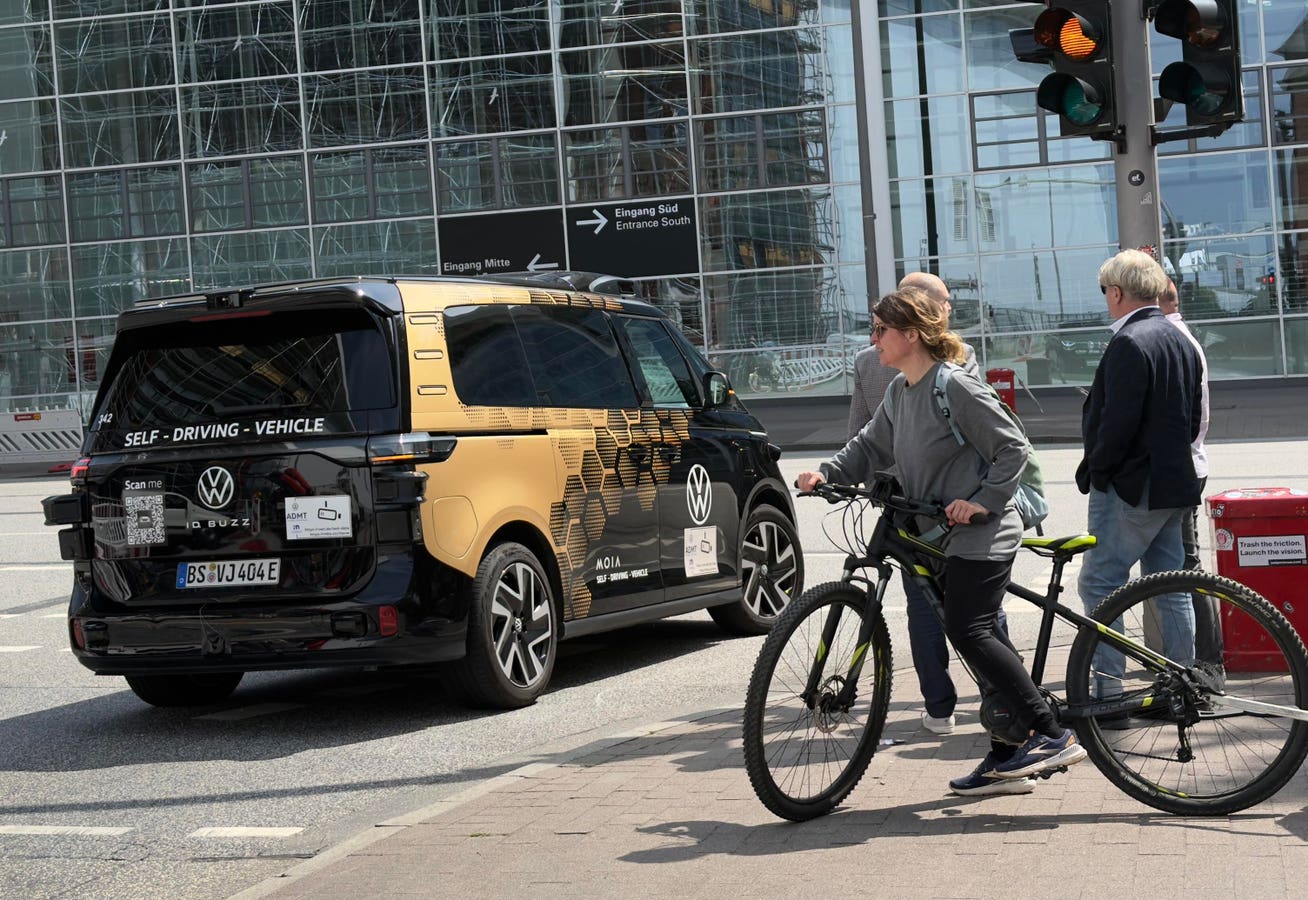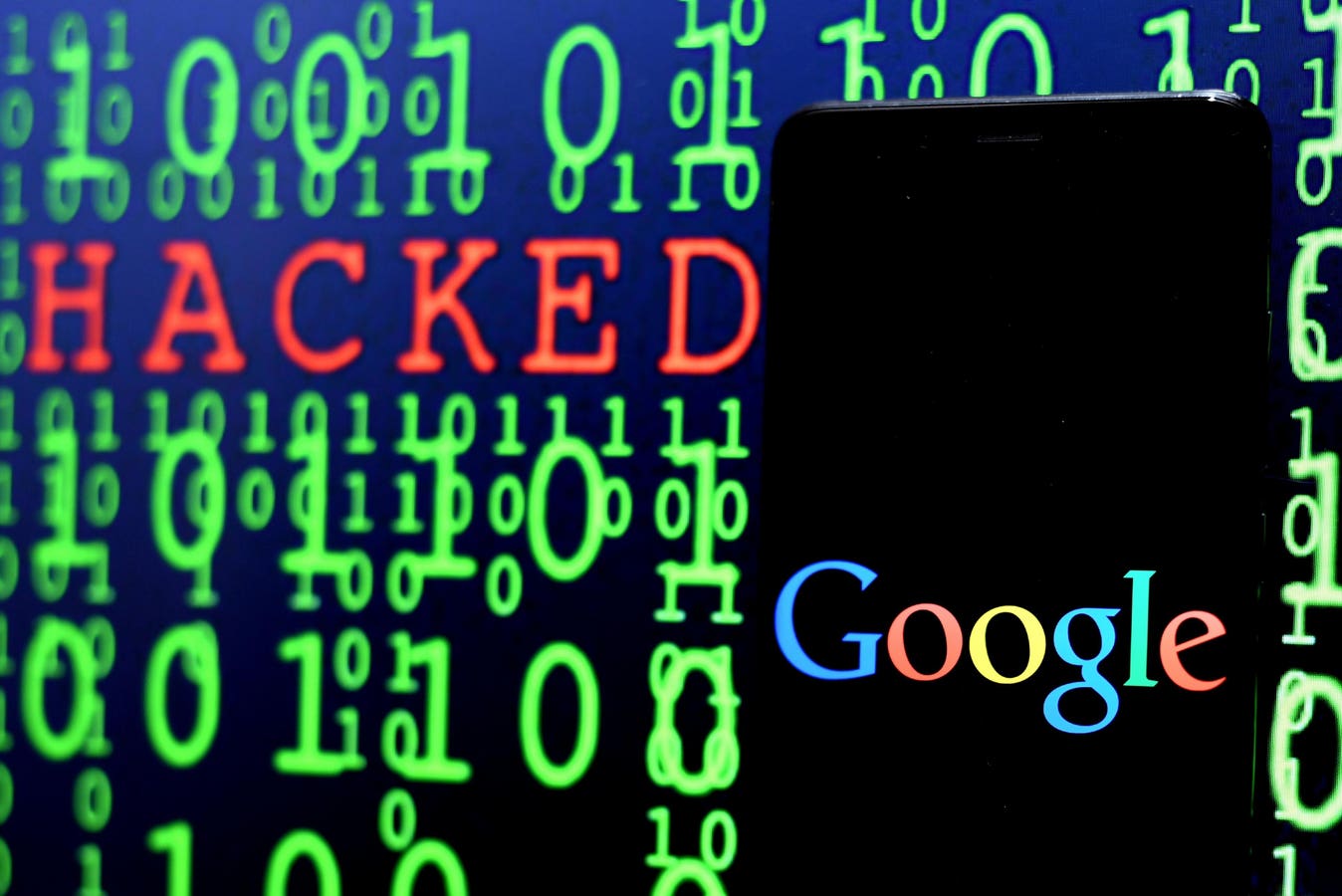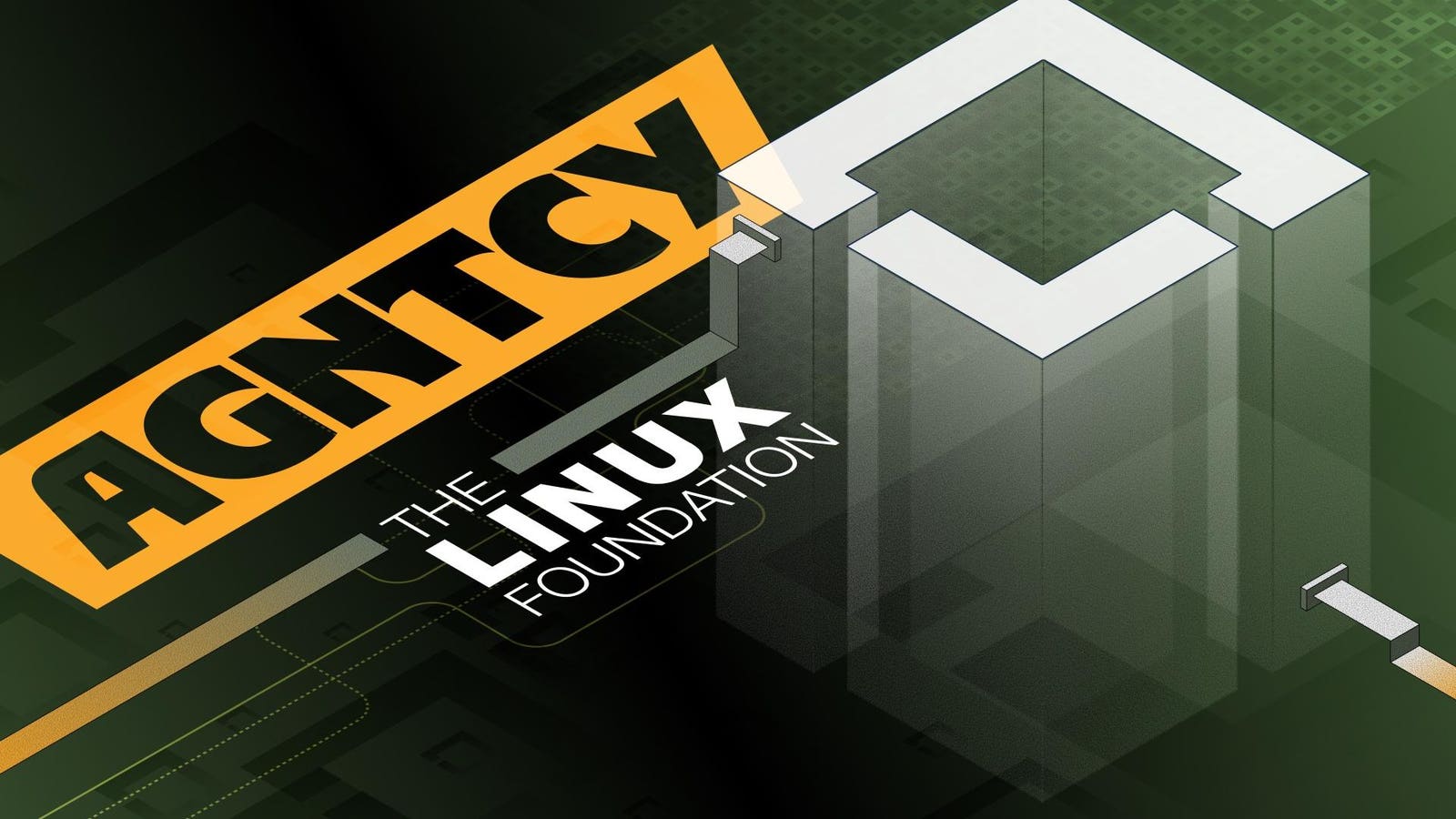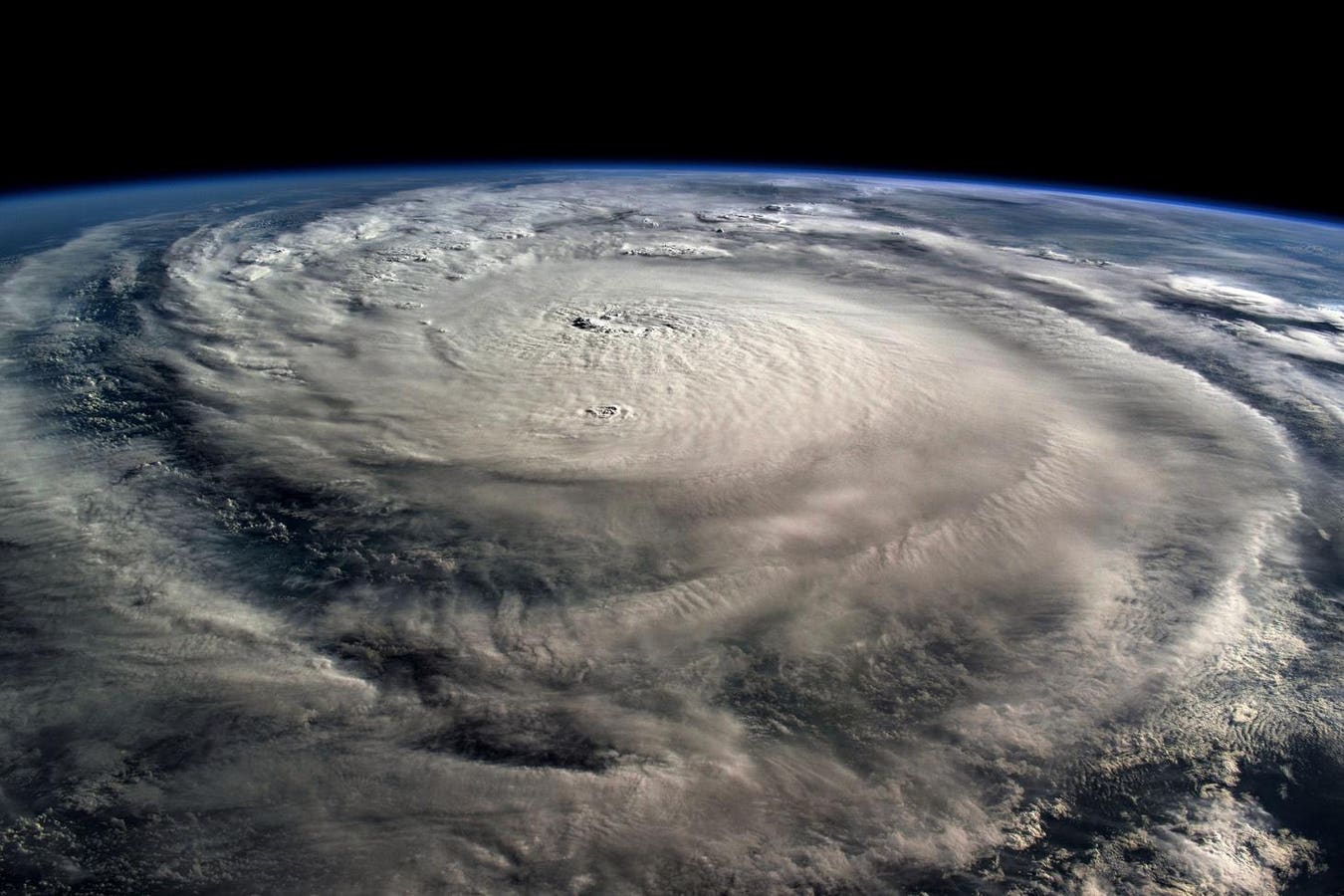Here’s what people are facing in the brutal arena of the modern dating scene, and the one simple mindset trick that can help you adapt.
getty
“Online dating to me is connected with crying on the couch alone on a Saturday night,” says one participant in a recent study published in SN Social Sciences.
“I am ghosting people but I hate myself for it,” confessed another participant. These statements, in different ways, highlight the complexity of wanting to find love and connection, but struggling to get there. But why is it so hard?
The study explored mobile-online-dating fatigue through 27 interviews with users aged 22 to 42 from northern Germany who had used dating apps for at least 12 weeks in the past six months.
It pointed out that mobile-online dating fosters a negative self-fulfilling prophecy, where mistrust, stereotyping and low investment strategies reinforce ambiguity and reduce genuine connection.
It’s not that people don’t want to connect or be in a relationship; it’s more like the dating scene is not working for the majority of them. A 2024 Tinder-commissioned survey of 8,000 heterosexual singles from the U.S., U.K., Australia and Canada found that the majority of young single adults desire a romantic relationship. Yet nearly all respondents, including 91% of men and 94% of women, reported that dating has never been more difficult.
Here are three reasons why dating feels impossible in 2025 and how to reset your dating life to adapt to the challenges of modern-day dating.
1. Dating Burnout Is Real, And It’s Not Going Anywhere
More singles are feeling emotionally drained by modern dating than ever before. A 2024 study revealed that dating apps can increase distress for individuals already struggling socially. For vulnerable people who already feel lonely, anxious or depressed, dating apps may not provide the hoped-for support but instead lead to burnout, further limiting their dating success.
Rather than simply reflecting pre-existing social and romantic struggles, dating apps can also intensify these difficulties through dating app burnout — a cycle of disappointment, rejection and emotional exhaustion.
“I was looking for fun and to experience something, instead, I feel nothing and that concerns me,” says another dating app user from the SN Social Sciences study.
In Match’s 2025 “Singles in America” survey, 53% reported experiencing dating burnout.
If you feel like swiping mindlessly on dating apps has sucked the joy out of dating, take a break. Shift your focus from finding love to building a life you love. Accept that love may come later or in unexpected ways, and use this time to nurture friendships, pursue personal goals and reconnect with what makes you happy outside of dating.
Getting clear about your dating goals also helps with burnout. Ask yourself:
- What qualities have actually made me feel safe, seen and valued in the past?
- Which patterns keep showing up that leave me drained or disappointed?
- If I stopped focusing on finding “the one,” what kinds of connections would still make my life richer?
Nearly half of the singles from the Match survey, around 46%, said they’ve taken intentional breaks to recover and return with more clarity about what they want out of a relationship. This way, you focus on nurturing one or two connections that feel truly meaningful to you and get out of the addictive swiping cycle without meeting anyone noteworthy.
2. Dating Is Expensive And Feels Hopeless To Many
“You feel ultimately lonely, rejected and pathetic and they make a ton of money from it,” expressed one participant from the SN Social Sciences study.
The Match survey also revealed that the average monthly cost of dating is about $213, with active daters spending over $300 monthly, making dating financially challenging.
According to the BMO Real Financial Progress Index, Americans spend about $2,279 annually on dating-related expenses, including meals, transportation, grooming and entertainment.
In order to defend your wallet as well as your sanity, try establishing definite boundaries around how much money and energy you expend. Set aside a monthly dating budget and adhere to it, and don’t work with more than one or two new individuals at one time.
Instead of seeing every date as a turning point, see it as one small part of a bigger picture. Treat every date more as an opportunity to just connect with someone and learn something new, and less as an audition for a relationship.
When you bring down the stakes, the nervousness and pressure to pretend dissolves — and rejection no longer feels like a personal failure, clearing your emotional space. It opens avenues where you show up authentically, for right reasons, instead of trying to fit into some perfect persona for the wrong ones.
3. Dating Feels Ambiguous, And Confidence Is Declining
The Match survey also showed that 63% of singles say there is more passivity in making the first move, reflecting uncertainty around expectations and traditional versus modern gender roles.
“I don’t want to meet the expected male role. Then I get signals that I am unworthy of a date and I wonder, am I that bad the way I am?” said one participant from the SN Social Sciences study.
“At first I was super excited about dates until you learn they mean nothing, even agreeing on a date doesn’t mean anyone shows and situationships end with ghosting,” said another from the same study.
Ghosting, breadcrumbing, situationships, orbiting — and countless other exhausting dating trends — have become increasingly common. For many, the abundance of choice has turned dating into a game of keeping people on the hook while searching for someone “better,” often leading to nothing at all. It can feel as though dating today is less about forming genuine connections and more about chasing fleeting attention.
Many people deal with this fatigue and uncertainty by taking a complete break from dating apps to try offline or conventional dating methods.
This digital detox helps individuals get away from scripted relationship dynamics. Offline dating provides richer social signals, real-world pacing and greater emotional investment that assist in rebuilding trust and confidence in making new connections.
Contemporary dating, for many, is just one big repeating cycle of stress, performing and disappointment. But it’s not evidence that you’re not lovable — merely that the system is draining. Pacing yourself, establishing boundaries and coming back to your own values can assist you in meeting people from a place of wholeness instead of despair. That alone is enough to alter everything.
Curious to see how much dating apps may be impacting your well-being? Take the science-backed Problematic Tinder Use Scale to find out.

